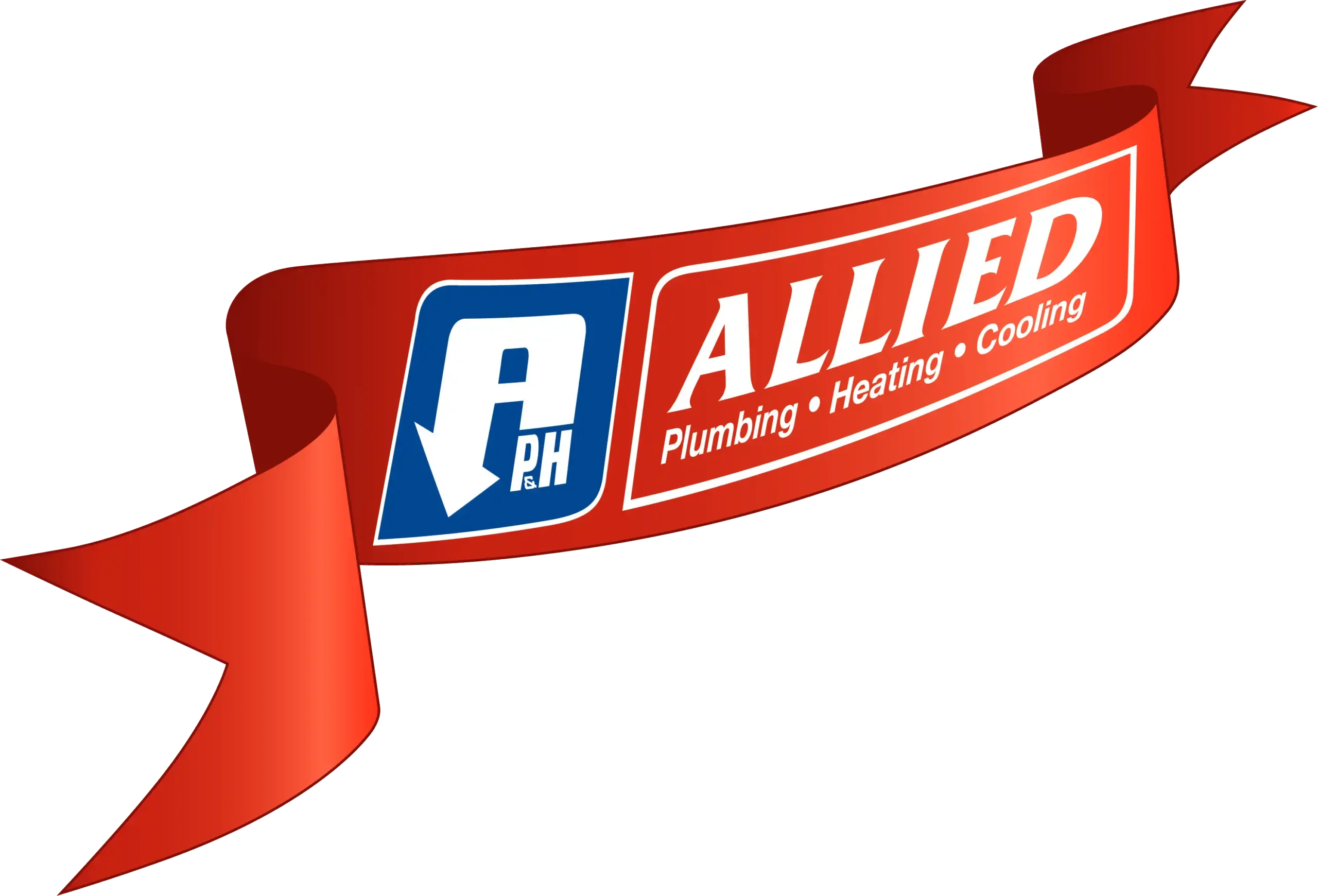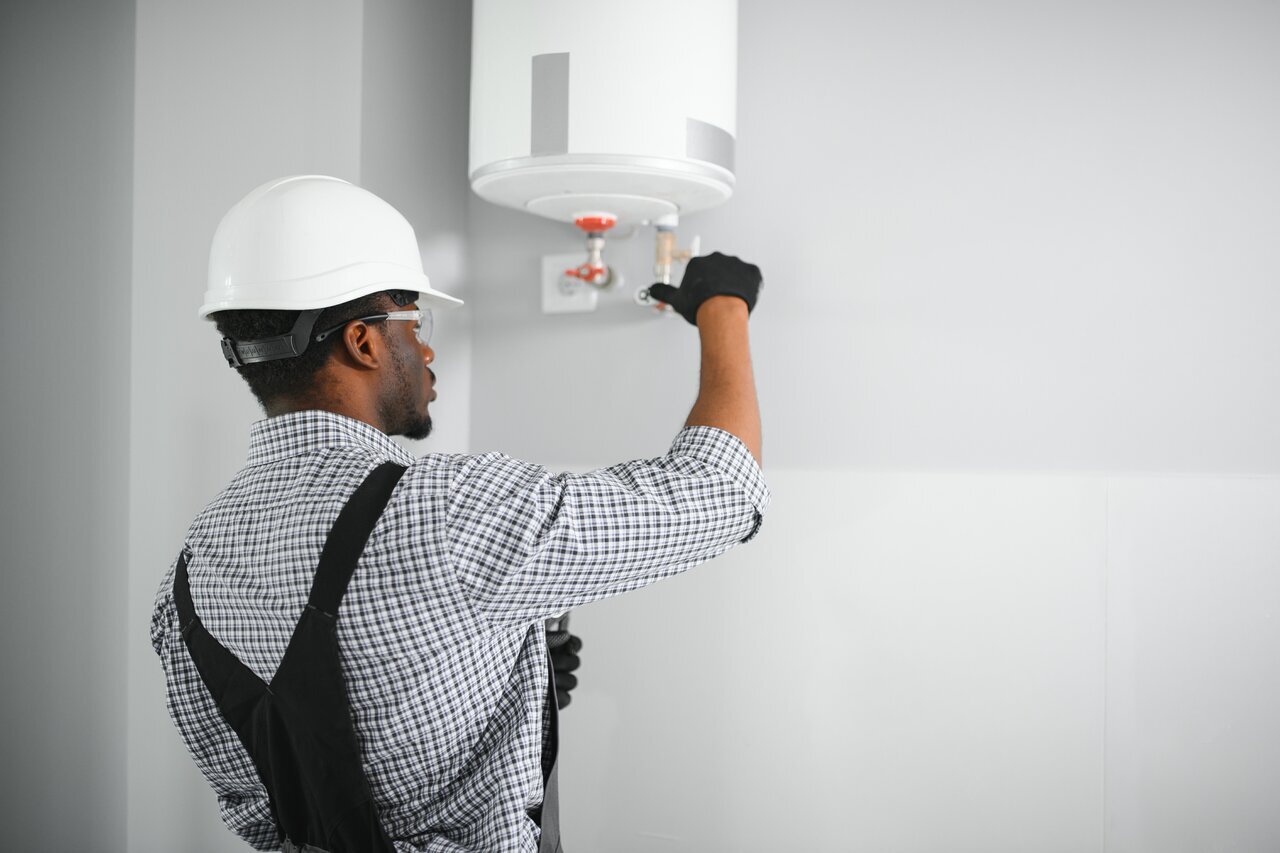Choosing the right water heater for your home or business is crucial for ensuring a consistent and reliable hot water supply. Various types of water heaters come with unique features and benefits tailored to different needs. Knowing the distinct differences between traditional tank water heaters, tankless models, heat pump units, and solar-powered systems can help you make an informed decision best suited to your specific situation.
Let’s explore the different types of water heaters available and discover which one is right for your home or business.
Traditional Tank Water Heaters
How They Work
Traditional tank water heaters operate by storing and continuously heating a specific amount of water in a tank. Cold water enters the tank, is heated by electric elements or a gas burner, and is then stored until needed. This method ensures that hot water is readily available for use at any time. A thermostat within the unit regulates the water temperature, ensuring it stays within a set range.
Advantages and Disadvantages
One of the main advantages of traditional tank water heaters is their ability to supply hot water on demand. They are generally less expensive to purchase and install compared to tankless models. However, they do have some disadvantages. Traditional tank water heaters can be less energy-efficient since they continuously heat water, leading to higher utility bills. Additionally, they take up more space and have a limited supply of hot water. Once the tank is depleted, you must wait for it to refill and reheat.
Best Applications
Traditional tank water heaters are best suited for households and businesses with consistent hot water needs. They are ideal in situations where multiple hot water appliances might be used simultaneously, such as in homes with large families or small commercial settings. Our professionals can help determine if a traditional tank water heater is the right choice for your specific requirements.
Tankless Water Heaters
Mechanism of Operation
Tankless water heaters, also known as on-demand water heaters, function by heating water only when it is needed. When a hot water tap is turned on, cold water travels through a pipe into the unit, where a gas burner or an electric element heats the water instantly. As a result, you get a continuous supply of hot water without the need for a storage tank.
Benefits Over Tank Models
Tankless water heaters offer several benefits over traditional tank models. These units are significantly more energy-efficient since they only heat water when required, reducing standby energy losses. They also take up less space and can be mounted on walls, making them ideal for homes with limited space. Additionally, tankless water heaters provide an endless supply of hot water, as there is no tank to deplete. This makes them particularly useful for large families or commercial properties with high hot water demands.
Suitable Installations
Tankless water heaters are suitable for both residential and commercial applications where space and energy efficiency are priorities. They are particularly advantageous in homes with limited utility space or commercial settings where consistent hot water supply is crucial. Our technicians ensure professional installation and maintenance to guarantee optimal performance and longevity of tankless water heaters.
Heat Pump Water Heaters
Function and Efficiency
Heat pump water heaters work by extracting heat from the surrounding air and using it to heat the water in the tank. They operate on electricity but are much more energy-efficient compared to conventional electric water heaters. The unit uses a compressor and evaporator to transfer heat to the water, similar to how a refrigerator works but in reverse. This process makes them extremely efficient, as they often use less energy to move heat than to generate it directly.
Pros and Cons
The primary advantage of heat pump water heaters is their high energy efficiency, which can lead to substantial savings on utility bills over time. They are particularly beneficial in warm climates, where they can perform at their best. However, there are also some drawbacks. Heat pump water heaters typically have higher upfront costs and may require more space for installation. They also perform less efficiently in cold environments, where the ambient air doesn’t have enough heat for the unit to extract.
Ideal Usage Scenarios
Heat pump water heaters are ideal for homes or businesses in warm climates with ample installation space. They are perfect for large families or commercial properties where hot water demand is high, and energy savings are a priority. Our professionals can help you determine if a heat pump water heater is the right choice for your specific needs and ensure it is installed for optimal performance.
Solar Water Heaters
Harnessing Solar Energy
Solar water heaters utilize energy from the sun to heat water. They consist of solar collectors, usually installed on the roof, that capture and convert sunlight into heat. This heat is then transferred to a fluid, which circulates through the system to warm the water stored in a tank. This method is highly efficient and environmentally friendly, as it significantly reduces the reliance on electricity or gas.
Environmental and Cost Benefits
One of the major benefits of solar water heaters is their positive impact on the environment. Renewable solar energy systems help reduce greenhouse gas emissions and decrease dependency on fossil fuels. Over time, this can result in significant savings on energy bills, as the sun’s energy is free once the system is installed. Maintenance costs are also typically low, as solar water heaters have fewer mechanical parts compared to traditional systems.
Considerations for Installation
While solar water heaters offer many advantages, there are important considerations for installation. They require a suitable location with ample sunlight, which might not be feasible in all geographic areas. Initial installation costs are higher, and the system might need a backup energy source for cloudy days. Our technicians can evaluate your property to determine if a solar water heater is viable and guide you through the installation process to maximize efficiency.
Conclusion
Choosing the right water heater involves evaluating various factors such as energy efficiency, installation space, and hot water demand. From traditional tank systems to modern tankless units, heat pump models, and eco-friendly solar heaters, each type has unique benefits and ideal applications.
If you need help choosing or installing water heaters in Springfield, contact Allied Plumbing Heating & Cooling. Let our experienced team ensure you get the best system for your home or business. Reach out to us today for a consultation!





